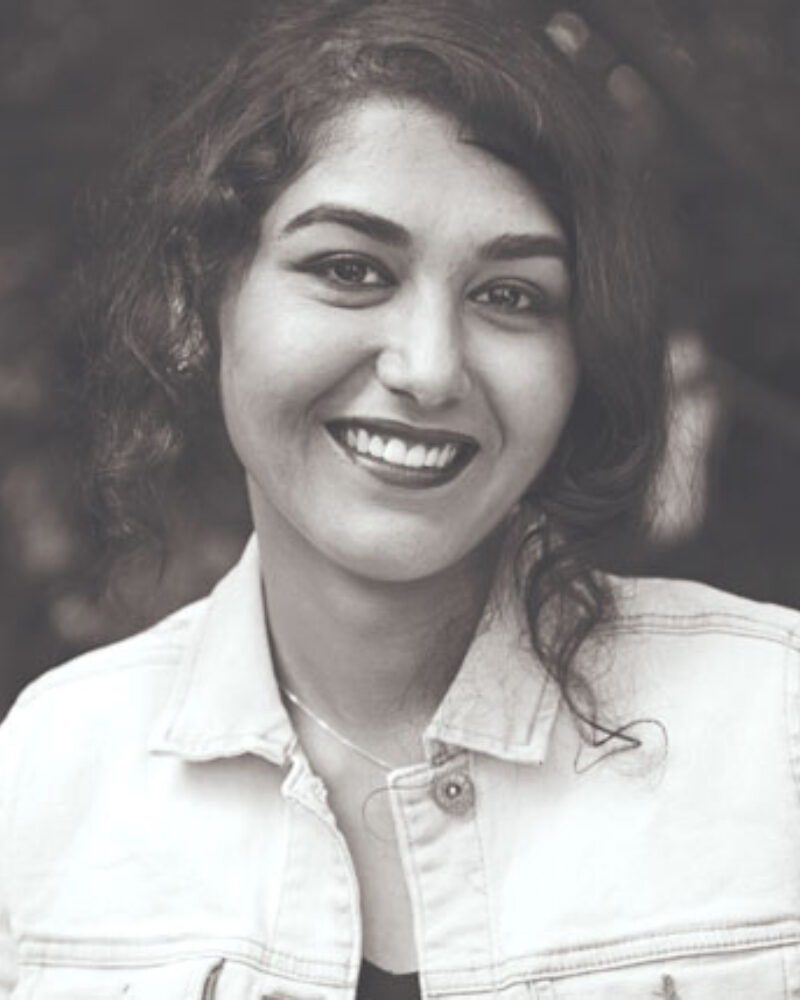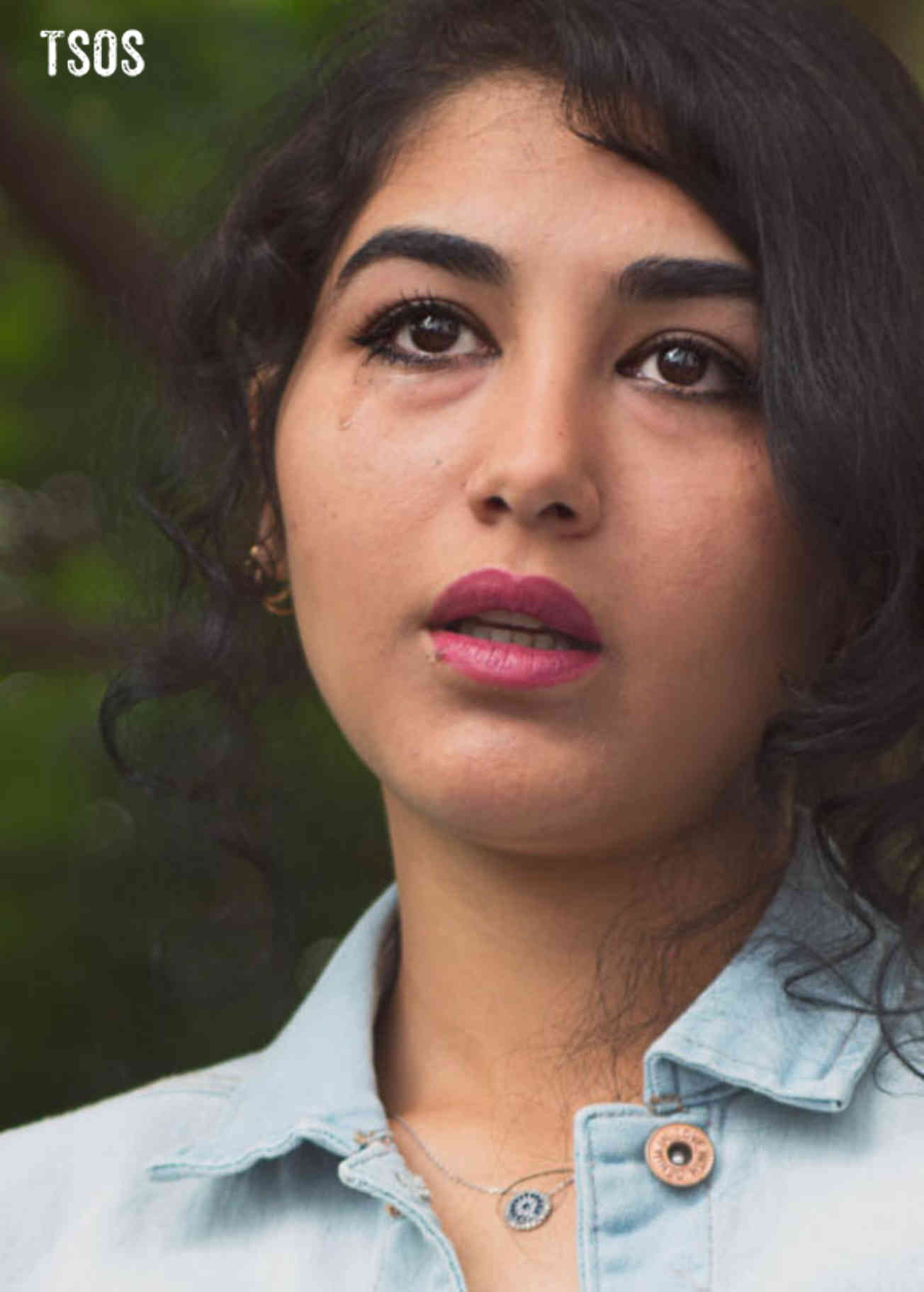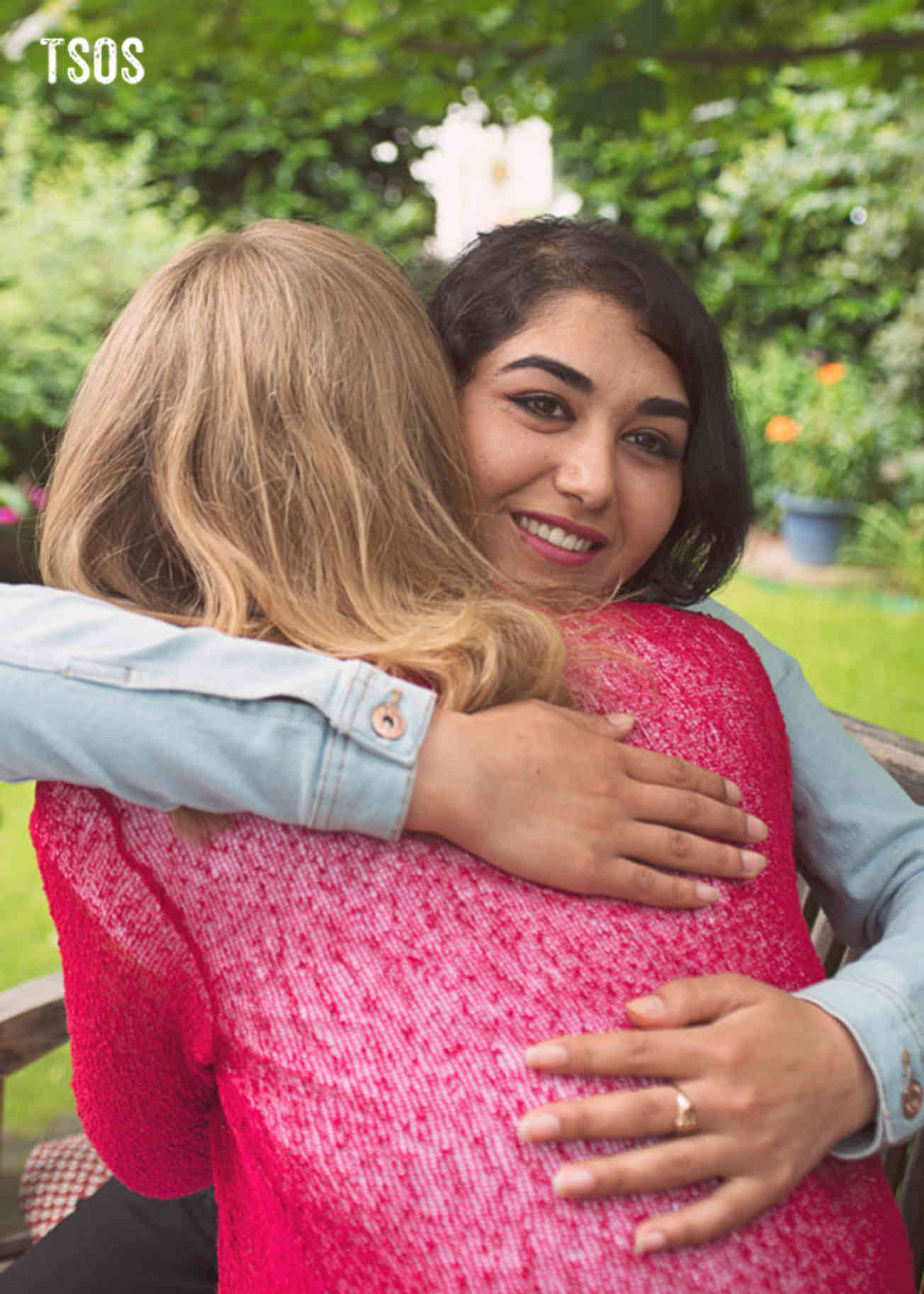My Name is Roksana
I am from Afghanistan and I am 18 years old. I want to tell my story of my journey to Europe.


Writing by Roksana
Photography by Lindsay Silsby
Part I: Growing up in Afghanistan
I am from Afghanistan and I am 18 years old. I want to tell my story of my journey to Europe.
When the Afghan president, Hamid Karzai was in office, the situation in Afghanistan was good. When I was 16, I had the time to go to school and work at a market. The people of Afghanistan thought it was blasphemous to see a young girl working there.
When I worked there the men didn’t like it. They didn’t like a woman helping them. They would ask why I was working, if I was poor and my family needed me to work. They would say, “Come with me, I’ll pay you.” This happened constantly and was extremely upsetting. I was so disgusted by the way the men treated me and their assumptions about a working woman. But I wanted to bring the idea of change and people saw me as bad.
I joined a women’s empowerment group my mother was a member of. Women would come to the center for help if they were being beaten or if they wanted to study or work. We encouraged women to stand up for themselves and taught them their rights in the law. We taught handicraft skills like carpet weaving so they could go and earn some money.
Later, I took an English seminar where I met several men who were members of the National Salvation Front of Afghanistan. It was a party that believed in free elections, women’s rights, and freedom of speech. When I showed some interest, the men encouraged me to join. I was the first woman member and so I recruited many more women to join. It was my job to train the women. I supervised them as they learned to type, use the computer, speak English, and understand economics and the political system in Afghanistan. After 2 years in the NSF Party, I was appointed as head. But in those two years, the people bothered me every night. After our house was stoned and the glass was broken, my parents worried every day. In my office, I was warned that I would be attacked that day or they next day and they would kill me. They said, “What are you doing in the Party? That is not for girls.” I was not only harassed by the people, but by my father because he agreed with the people.
Day by day, the situation in Afghanistan got worse. Party extremist groups were bombing in many places. During presidential elections, I was extremely overworked. I took so much time and effort toward the first and second round elections for Karzai and Ashraf Ghani who became President.
I graduated from school at 18. Then, I studied pre-law at Sunshine University in Kabul for one year. They let me come to classes in the evening after work.
While I studied pre-law, I found a job in security for the office of President Ghani. I checked bags and patted down anyone who wanted to meet with the president. At that time, the situation in Afghanistan had deteriorated. Everyday there was a suicide around Kabul. It was not safe for our neighbors. They told me every day, “They will make you like Farkhunda.” [Farkhunda was an Afghan woman who was killed in the streets by an angry mob.]

Part II: Hope for a better life
One night, at my class at the university, a suicide bomb went off nearby. My mother said, “It’s time to go. You will be killed.” So it was that a year and a half of studying and work were all for nothing.
My mother went to Iran with 4 other members of my family. At that time, I was with my aunt. My mother told me to stay hidden in a house that was in the suburbs of Kabul where no one knew me or my father. My mother knew the crossing from Afghanistan to Iran was dangerous for young girls. She wanted to protect me.
My father stayed in Kabul and sent his family ahead. He would wait until they crossed into Tehran, then he would fly there to meet them. Iran was dangerous, I admit.
After three days at my aunt’s house, my mother called. At first she would not say what happened, just that we needed to send her money. I asked what happened many times until she had to tell me.
My mother traveled with 4 of my siblings through Pakistan into Iran. She carried the one-year-old baby and all the food and water on her back. She didn’t sleep. When they arrived in Iran, my mother and siblings were kidnapped by an Iranian group that held them for a ransom of 20 million Toman ($6,227). The group kept them in the mountains then smuggled them down into a house in a city. They took all their clothes, phones, and money. A motorcycle fell on my sister, Hangama’s foot and broke it. The men would not give her any pain medication or medical help, so for days, she struggled with the pain.
Eventually, they allowed my mother to call me and ask for the money. It took my father and I three days to sell our home and everything we owned to get the money. We sold beautiful carpets, decorations, clothing, a television, a washing machine, everything for pennies on the dollar. This whole time, I couldn’t eat knowing my family couldn’t eat. I couldn’t sleep, and I couldn’t drink knowing my family was thirsty. I wired the money from the bank to the kidnappers and my mother had to pay someone to drive them to Tehran because Hangama couldn’t walk due to pain. When they got to Tehran, my mother got medical help for Hangama and her foot was set and now is fully healed.
Then, my father used the money he had to buy a ticket and fly to Tehran. It took me 21 days to earn enough money to fly there too. I stayed there one night, then my whole family set off together for Turkey. We paid a smuggler to drive to the Turkish border. At this time, we had 13 people from our family together including cousins and uncles. We got into a small taxi together. While we were driving, some Iranian police officers on foot shot at the taxi, but the driver was able to lose them after four attempts.
That night, the smuggler dropped us off in the desert and left us there overnight. He told us to come into town very early in the morning and he would meet us there. It was very cold that night and we had no shelter.
The next morning, the driver took us up into the mountains near the Turkish border. At three o’clock in the morning, another man took us over the mountains. We walked for eight hours. Many times, we saw border police, but they did not see us in the dark and mist. We walked and walked and walked. We crossed two rivers that were chest deep.
When we arrived in Turkey, they took us to a dirty old house and gave us each a potato and an egg to eat. We spent the night there and it was dirty and damp. The next morning, we rode in a bus to Istanbul. After we promised more money to the smugglers, they took us to a hostel and later to the sea in a small van. The ship we wanted to take fell into the hands of the Turkish police.
They took us into prison. They treated us like criminals. It was cold and the floors had no carpet. We didn’t eat for 24 hours. Then police took us by bus back to Istanbul. This happened five times. Each time, we had to pay smugglers to take us all back to Izmir, a 3-4 hour drive. Each time, we would stay in the woods for one or two nights, then the police would catch us and take us back to Istanbul. Usually the Turkish police were nice. They would catch us, jokingly ask us why we were trying to kill ourselves, then give us food and chocolate and put us back on the bus to Istanbul.
Fortunately, the sixth time luck was on our side and we managed to trick the police to the relief of our group. We boarded a boat and crossed the sea. We moved to a camp on an island. There was no food, shelter or blankets. We stayed there for three days before we could take a big ship to Athens.
We stayed in Athens for 5 days because we were so tired and we didn’t have the ability to walk.
After Athens came Macedonia. It was extremely busy and only ten vehicles were allowed to enter the country each day. We waited many days to cross the border there. Once we arrived, we spent the night in Macedonia.
After that, we walked to Serbia to board a train. We transferred several times on the trains through Serbia, Croatia, Slovenia, Austria (the people here were not nice), and into Germany.
I am a young girl experiencing a very hard time in my life. I have tears in my eyes sometimes when the mood strikes me. I cannot express the difficulty. We very much wished this wouldn’t happen because we lost everything and had to start all over at the beginning. It is not easy to start over.
I have hope for a better life.
Our team members obtain informed consent from each individual before an interview takes place. Individuals dictate where their stories may be shared and what personal information they wish to keep private. In situations where the individual is at risk and/or wishes to remain anonymous, alias names are used and other identifying information is removed from interviews immediately after they are received by TSOS. We have also committed not to use refugee images or stories for fundraising purposes without explicit permission. Our top priority is to protect and honor the wishes of our interview subjects.